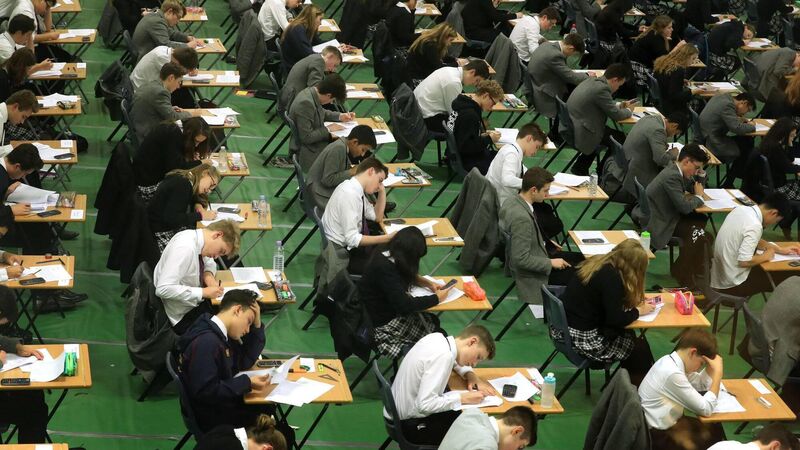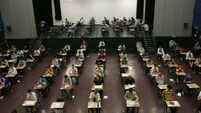Irish Examiner view: No, we will continue to celebrate success

Paul Kehoe TD linked media moratoriums around elections with public exams, saying of Irish media: 'Not alone are they driving the student mad, they are driving their parents mad'. Stock picture
However, apparently it is nothing new to Paul Kehoe, chair of the Oireachtas education committee, who attacked what he deems “reckless” reporting that adds pressure on students.
















